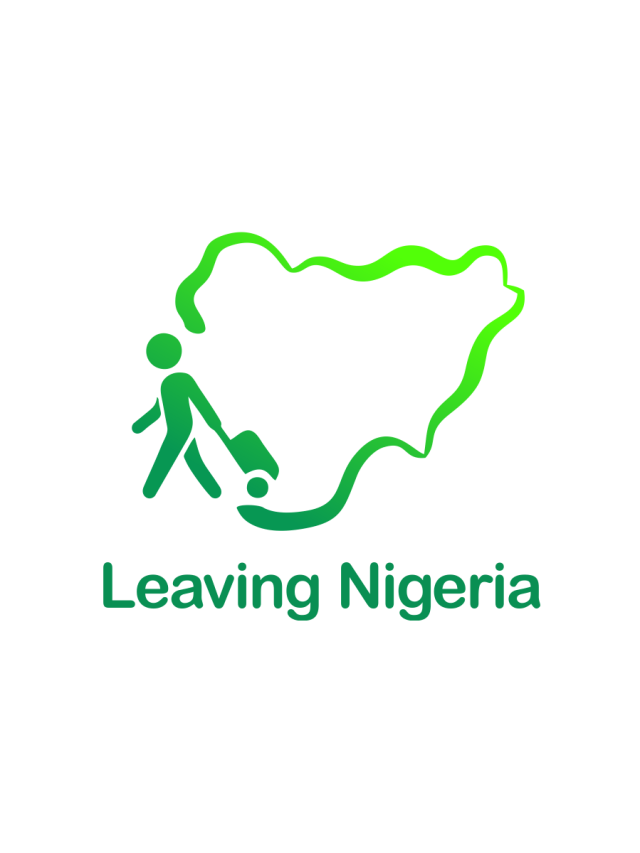
Trump’s proposed Travel Ban may affect 36 Countries across Africa, Asia, and the Caribbean
Former U.S. President Donald Trump is reportedly considering adding 36 more countries to his travel ban list, which could significantly impact nations across Africa, Asia, Oceania, and the Caribbean. According to an internal memo from The Washington Post, the proposed policy targets countries that allegedly fall short of U.S. vetting standards, raising concerns among diplomats, immigration advocates, and global partners.
The memo, signed by Secretary of State Marco Rubio, was circulated to U.S. diplomats and outlines strict new requirements. Governments of the affected countries have 60 days to comply or risk facing visa restrictions, travel bans, or additional sanctions. Among the countries on the list are U.S. allies such as Egypt and Djibouti, which has drawn attention to the breadth and implications of the proposed measures.
Why This Proposed Travel Ban?
The internal memo cites several reasons for including these countries on the proposed no-travel list. These include:
- The absence of a “competent or cooperative central government authority” capable of issuing reliable identity documentation.
- High numbers of citizens have overstayed or violated the terms of their visas.
- Inadequate vetting and screening capabilities that do not align with U.S. security expectations.
Despite these concerns, the memo includes a possible reprieve: if a country agrees to accept deported third-country nationals from the U.S., it could help soften the stance against them.
READ MORE: President Trump Announces Full and Partial Travel Bans For 19 Countries
A Breakdown of the Proposed Travel Ban List
The 36 countries potentially facing restrictions span across three continents and include:
- Africa (25 nations): Angola, Benin, Burkina Faso, Cabo Verde, Cameroon, Côte d’Ivoire, Democratic Republic of the Congo, Djibouti, Ethiopia, Egypt, Gabon, Gambia, Ghana, Liberia, Malawi, Mauritania, Niger, Nigeria, Sao Tome and Principe, Senegal, South Sudan, Tanzania, Uganda, Zambia, Zimbabwe.
- Asia (4 nations): Bhutan, Cambodia, Kyrgyzstan, and Syria.
- Oceania (3 nations): Tonga, Tuvalu, Vanuatu.
The inclusion of major African countries such as Nigeria, Ghana, and Ethiopia is particularly notable, given their longstanding diplomatic and economic ties with the United States.
Deadlines and Uncertainty of the Proposed Travel Ban
Countries on the list have until 8 a.m. Wednesday, 18th June 2025, to present a preliminary action plan to the U.S. State Department. The plan should detail how they intend to meet the newly outlined security and identification standards.
While a State Department spokesperson declined to comment on the memo directly, they emphasised that the U.S. is constantly reassessing its travel policies “to ensure the safety of Americans and compliance of foreign nationals with U.S. laws.”
Still, Trump’s consideration of adding 36 countries to his travel ban list has stirred anxiety globally. Many wonder whether these restrictions will take effect immediately or if there will be further diplomatic negotiations.
A Continuation of Trump’s Immigration Agenda
This proposed travel restriction aligns with Trump’s broader anti-immigration agenda. Just a week prior, Trump had revived elements of his original travel ban and signed an executive order calling for tighter vetting of foreign nationals. The order tasked the State Department with identifying countries whose screening processes are “deficient” enough to justify a full or partial entry ban.
Trump has also announced plans for what he describes as the “largest mass deportation operation” in U.S. history. This would target undocumented immigrants and revoke visas and humanitarian protections for tens of thousands.
READ MORE: 10 Affordable European Countries with Visa Fees Under ₦150,000 for Nigerians
Whether or not the proposed travel ban on these 36 countries takes effect, it signals a continued push for stricter U.S. immigration control. The potential inclusion of allies, especially across Africa and the Caribbean, may complicate diplomatic relations and disrupt travel, trade, and familial connections for thousands of people.
As the world watches closely, the question remains: Will Trump’s proposed travel ban reshape America’s global partnerships, or will diplomacy find a middle ground?
Discover more from Leaving Nigeria
Subscribe to get the latest posts sent to your email.



